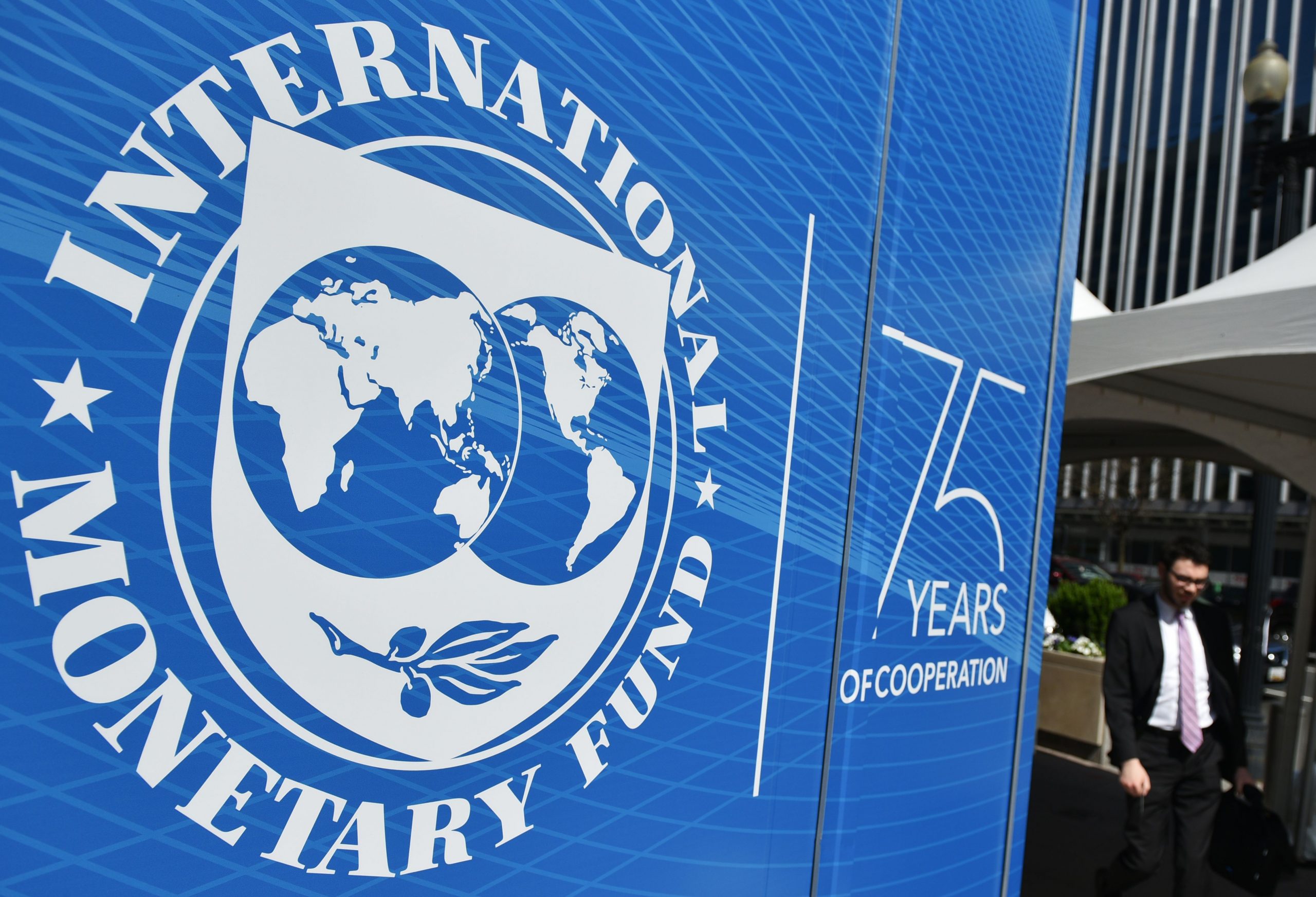IMF Division Chief and Deputy Managing Director Call for Swift Regulatory Action for Legacy Finance to Avoid Crypto Contagion
Certainly the volatility and movement of the cryptocurrency market has become a cause for concern for regulators around the world. On January 28, Nobuyasu Sugimoto, deputy division head of the International Monetary Fund’s Department of Financial Supervision and Regulation, and Bo Lee, deputy managing director of the IMF, warned about the market volatility implications of crypto for the current financial system, saying that tokens and As a result of the collapse of the exchanges, we can see that the volatility developed in crypto markets can affect traditional markets and institutions as well, given the current depth of the relationship between these systems. According to the authors, regulating the markets would be the best solution to prevent this from happening and indicate that investors in developed markets are flocking to some of these assets because of the returns they offer. The blogpost also mentions that cryptocurrencies tend to be sensitive to financial stability risk even in the best of economies, noting that institutional investors have increased stablecoin holdings that previously offered higher parties of returns in the form of lower interest rates. i was attracted to it. While the International Monetary Fund still does not consider cryptocurrencies and stablecoins to be a serious risk to the global financial system and some countries are replacing their currencies with both cryptocurrencies and fiat currencies, the Fund’s international Control has become particularly difficult. For Sugimoto and Lee, this situation “has enough potential to generate capital outflows, loss of monetary sovereignty, and threats to financial stability that it poses a new challenge to policy makers”. If we look at those economies which are at the same time being affected by high level of inflation and now prices as well as the citizens have given their Loses faith in fiat currencies and turns to other alternatives such as dollar-pegged stablecoins. To control the risks, the blog post authors recommend establishing global rules for Virtual Assets Service Providers and at the same time customers are transformed with the aim of separating their holdings from those of these companies. Additionally, stablecoin issuers need to be regulated and are also advised to apply bank-like regulations depending on the size of the projects. Experts have already said that running on stablecoins can certainly affect the US Treasury Department. In addition, the global implementation of the Basel Committee’s Didi and Directive and setting standards for the amount of cryptocurrency exposure that banks can have at any given time should also be expedited.









